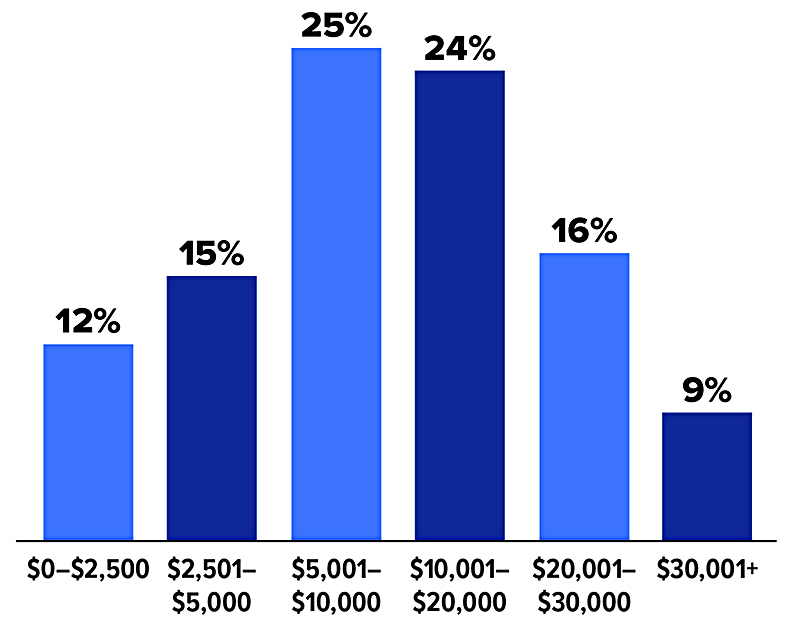
April 2025- Debt After Death: What Happens to Debt When Someone Dies?
By Matthew Wisehaupt on April 15, 2025
Losing a loved one is never easy. In addition to the emotional challenges you may face, you might also be worried about what will happen to their debts once they are gone.
Generally, with limited exceptions, when a loved one dies you will not be liable for their unpaid debts. Instead, their debts are typically addressed through the settling of their estate.
How are debts settled when someone dies?
The process of settling a deceased person’s estate is called probate. During the probate process, a personal representative (known as an executor in some states) or administrator if there is no will, is appointed to manage the estate and is responsible for paying off the decedent’s debts before any remaining estate assets can be distributed to the beneficiaries or heirs. Paying off a deceased individual’s debts can significantly lower the value of an estate and may even involve the selling of estate assets, such as real estate or personal property.
Debts are usually paid in a specific order, with secured debts (such as a mortgage or car loan), funeral expenses, taxes, and medical bills generally having priority over unsecured debts, such as credit cards or personal loans. If the estate cannot pay the debt and no other individual shares legal responsibility for the debt (e.g., there is no cosigner or joint account holder), then the estate will be deemed insolvent and the debt will most likely go unpaid.
Estate and probate laws vary, depending on the state, so it’s important to discuss your specific situation with an attorney who specializes in estate planning and probate.
What about cosigned loans and jointly held accounts?
A cosigned loan is a type of loan where the cosigner agrees to be legally responsible for the loan payments if the primary borrower fails to make them. If a decedent has an outstanding loan that was cosigned, such as a mortgage or auto loan, the surviving cosigner will be responsible for the remaining debt.
For cosigned private student loans, the surviving cosigner is usually responsible for the remaining loan balance, but this can vary depending on the lender and terms of the loan agreement.
If a decedent had credit cards or other accounts that were jointly held with another individual, the surviving account holder will be responsible for the remaining debt. Authorized users on credit card accounts will not be liable for any unpaid debt.
Are there special rules for community property states?
If the decedent was married and lived in a community property state, the surviving spouse is responsible for their spouse’s debt as long as the debt was incurred during the marriage. The surviving spouse is responsible even if he or she was unaware that the deceased spouse incurred the debt.
How much debt Americans expect to leave behind when they die

What if you inherit a home with a mortgage?
Generally, when you inherit a home with a mortgage, you will become responsible for the mortgage payments. However, the specific rules will vary depending on your state’s probate laws, the type of mortgage, and the terms set by the lender.
Can you be contacted by debt collectors?
If you are appointed the personal representative or administrator of your loved one’ s estate, a debt collector is allowed to contact you regarding outstanding debts. However, if you are not legally responsible for a debt it is illegal for a debt collector to use deceptive practices to suggest or imply that you are. Even if you are legally responsible for a debt, under the Fair Debt Collection Practices Act (FDCPA), debt collectors are not allowed to unduly harass you.
Finally, beware of scam artists who may pose as debt collectors and try to coerce or pressure you for payment of your loved one’s unpaid bills.